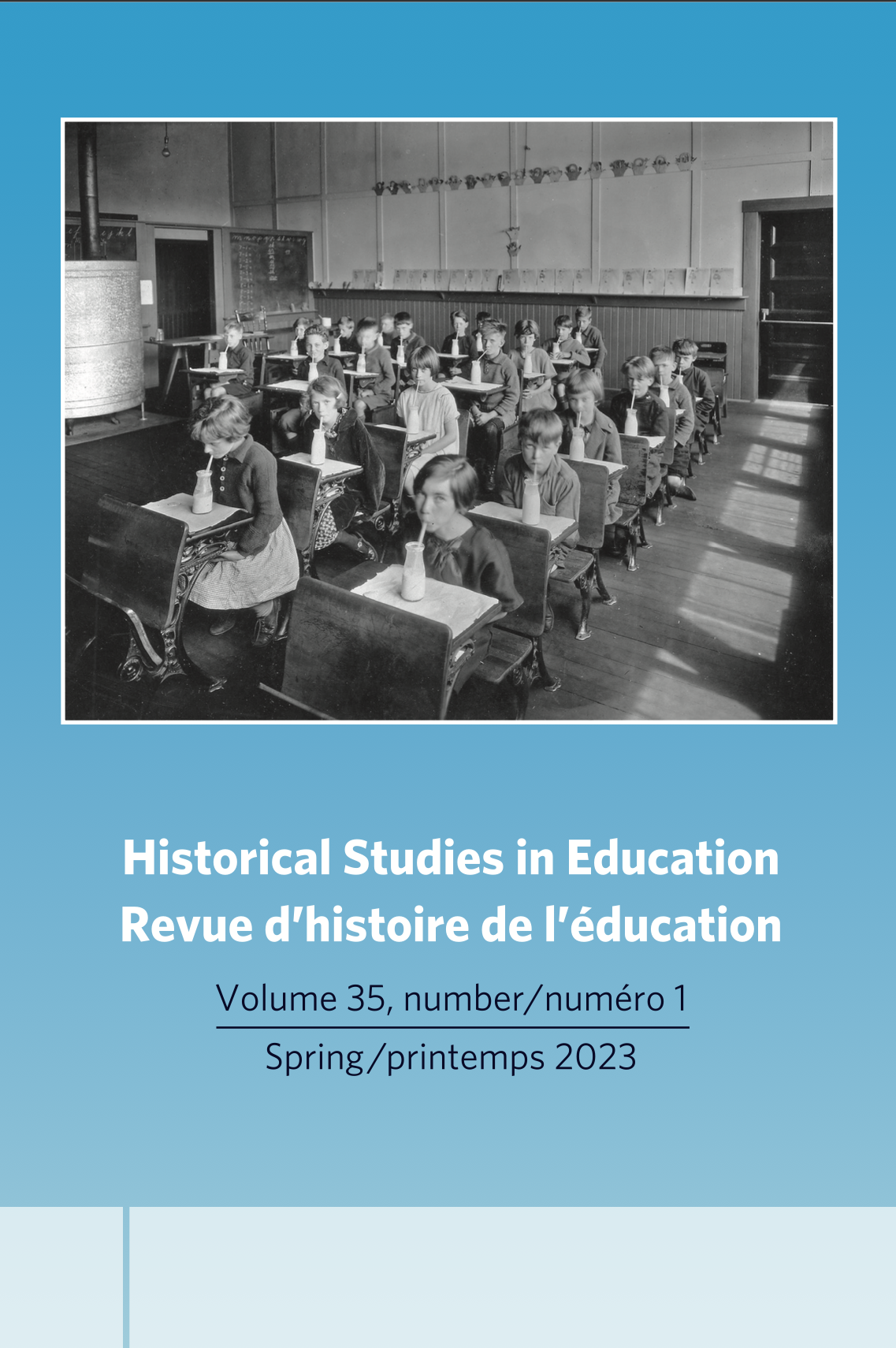“Everyone knows there is a battle”: Colleges, Universities, and the Education of Occupational Therapists in Ontario, 1970 to 1985
- Occupational Therapy,
- Postsecondary education,
- Mohawk College,
- Committee on the Healing Arts,
- Health care
- Health professionals ...More
Abstract
Following the creation of Ontario’s Colleges of Applied Arts and Technology (CAATs) in 1965, an interested group of health care providers and educators in Hamilton began to advocate for the creation of a program in occupational therapy at Mohawk College. Historically, occupational therapy education in Canada took place within universities, so a college-based program was viewed as a significant development by the Canadian Association of Occupational Therapists (CAOT) and its provincial branches. The idea of the Mohawk program was developed concurrently with the work of Ontario’s Healing Arts Committee, which put forward more than two hundred recommendations that would reshape the education of health care workers. These two elements, the development of an occupational therapy program within a CAAT and a major review of education for health care workers, were viewed with concern by the CAOT. This paper analyzes the history of this educational development and the response of the profession of occupational therapy. It illustrates the strategies used by the CAOT, and the Ontario Society of Occupational Therapists, to delay the implementation of the program. The paper also illustrates the development of minimum standards for entry to practice, accreditation policies for education programs, and membership requirements for the CAOT, all of which were connected to employment prospects. All of this had implications for the viability of the Mohawk College program and for its graduates.
